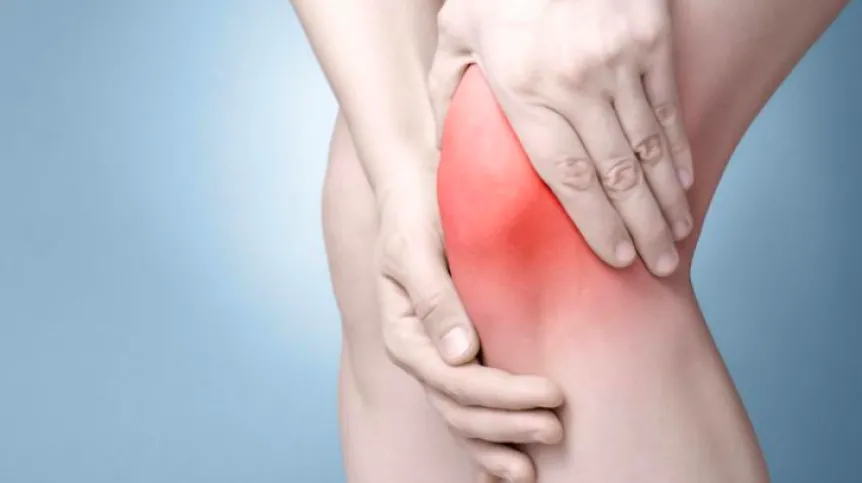
People who experience severe pain feel touch less precisely than healthy people. The greater the pain, the lower the precision, shows a study of Polish scientists. Researchers suspect that with the right touch training, you could control the sensation of pain.
Pain has an adaptive function in our body, and sometimes it is even crucial for survival. For a person who suffers an injury, pain is usually a warning signal that protects the body from further damage. This allows to initiate processes related to the healing of the body.
Previous studies have shown that patients with chronic pain lose the detail of their body and perceive the touch with much lower precision than healthy people. Researchers from the Jerzy Kukuczka Academy of Physical Education in Katowice wanted to find out how the perception of touch works in people with a slightly different type of pain - acute pain caused, for example, by an injury. "We assumed that in acute pain the opposite would be true: the touch should be perceived with much greater precision than in chronic pain, in order to better localize the stimuli reaching the body and better protect it from the threat" - says Wacław Adamczyk from the Academy of Physical Education.
This was indicated by previous studies, in which healthy people received pain stimuli and the sources of this stimulus were set in various places. The task of subjects was to estimate the distance of the source of the stimulus from the body. It turned out that the distance between the body and the source of the stimulus was perceived as much smaller than it actually was.
Research conducted by Polish scientists showed something completely different. "It turned out that immediately after inducing pain, the perception of touch deteriorates instead of improving" - adds Adamczyk.
Subjects were divided into three groups. Those assigned to the control group assessed the precision with which they felt the touch. In the second group, subjects were informed that back pain would be induced with an injection. This did not actually happen, the subjects only experienced a non-injurious prick with a special needle. In the subjects from the third group, the skin was actually damaged. Touch precision was measured in each group at the beginning and end of the study.
It turned out that people who experienced acute pain associated with trauma perceived the touch less accurately. "Perhaps this is because the body adapts to pain in a different way, it spends energy to handle it and as a result loses the ability to precisely locate stimuli" - says Wacław Adamczyk.
"We also observed a link between the strength of back pain the subjects felt and the strength of touch precision impairment. The more pain they experienced, the stronger the impairment was and the less accurately they felt the touch. The less pain they felt, the better was the precision" - explained Wacław Adamczyk.
Researchers believe that improving the precision of touch perception in specific people could allow them to experience less pain. They want to check this bold hypothesis in future studies. "If it turns out that the touch training really reduces the level of pain in the trained part of the body, it would be a great form of therapy for people with both acute and chronic pain" - the researcher says.
He explains that there are forms of touch training, in which participants determine the location of the stimulus and thus improve the perception of touch.
The results of the study were published in the journal PAIN.
PAP - Science in Poland, Ewelina Krajczyńska
ekr/ agt/ kap/
tr. RL













